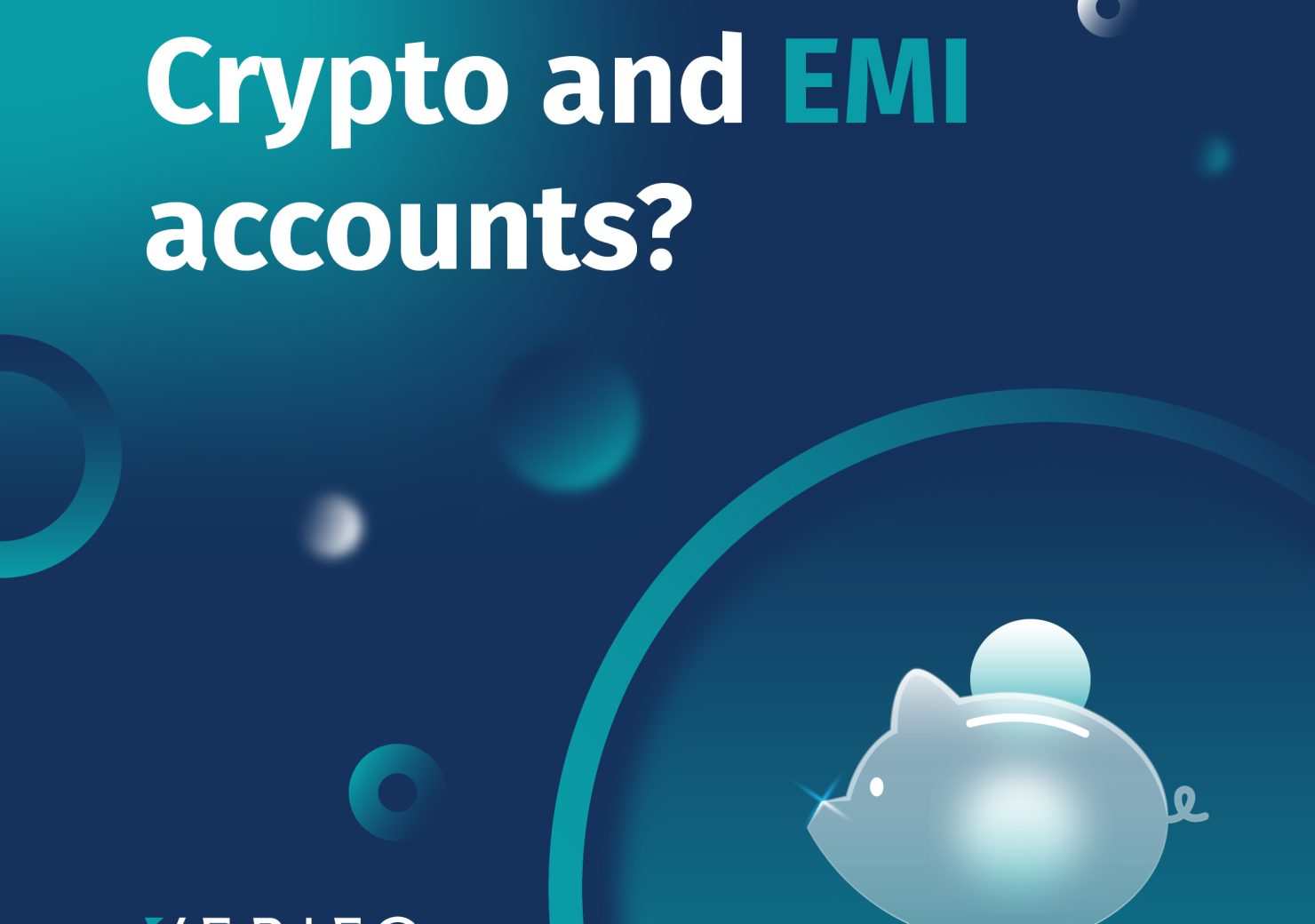How to Open a payment Account at EMI for a Crypto Company
Setting up an EMI account for a crypto company may seem like a straightforward task, but in reality, it can be a time-consuming and intricate process. With the increasing popularity of cryptocurrencies, some EMIs have started offering their services to crypto companies, while others remain cautious due to perceived risks. Finding the right EMI and navigating the necessary steps to establish an account for your crypto business requires careful consideration and strategic planning.
Finding an EMI willing to collaborate with your crypto company can pose challenges. Unfortunately, many EMIs have been slow to recognize cryptocurrencies as a legitimate means of conducting business.
What Makes Opening an Account for Cryptocurrencies businesses Challenging?
In contrast to conventional currencies like the dollar or euro, cryptocurrencies are relatively new in the financial realm. Financial institutions are still familiarizing themselves with the workings of crypto related businesses, determining the necessary practices to support it, and evaluating the associated risks involved in providing financial services to crypto-related businesses. Consequently, many institutions are hesitant to implement procedural changes and new tools to minimize risk that would enable increased involvement with crypto-related businesses until more stringent regulations are established.
Moreover, certain financial institutions lack the requisite technology or trained personnel to handle transactions related to cryptocurrencies effectively. To address this gap, several digital financial institutions with specialized structures and staff focused on handling transactions related to cryptocurrencies have emerged, including Verifo.
What Are the Common Requirements for Opening a Crypto Bank Account?
The specific requirements for opening an account for crypto-related business vary across different financial institutions, making it impossible to provide a definitive answer regarding the process your business will undergo. However, there are some standard requirements that are generally applicable to most legitimate financial institutions. The essential elements needed to open an account typically include the following:
Detailed application: The initial step in opening a payment account involves completing an application, which usually consists of one or more questionnaires and a narrative detailing your company’s background. While you may feel hesitant about disclosing comprehensive business information, it is crucial to be as transparent as possible. Provide all the requested information thoroughly and offer a detailed yet concise description of your business model. Omitting critical details may lead to the rejection of your application or a request for amendment, significantly prolonging the account opening process.
Extensive documentation: Alongside the application, be prepared to compile and submit extensive documentation. EMIs and other financial institutions often require evidence of your internal policies, due diligence reports, and other documents that demonstrate the viability, compliance, and legitimacy of your business operations.
Registration: To proceed with your application, you must demonstrate that you have registered your crypto company with the relevant regulatory or supervisory agencies. Reputable financial institutions will typically only consider advancing your application if you have already obtained your business license.
Implemented policies: In addition to registration, you will also need to demonstrate that you have implemented suitable policies to prevent ML/TF and criminal activities and safeguard the interests and investments of your customers. Financial institutions may request proof of hiring a professional compliance officer or other measures you have taken to ensure regulatory compliance.
Initial deposit: Many financial institutions require an initial deposit to ensure the maintenance of your newly opened payment account. It is important to confirm the specific amount required in advance.
